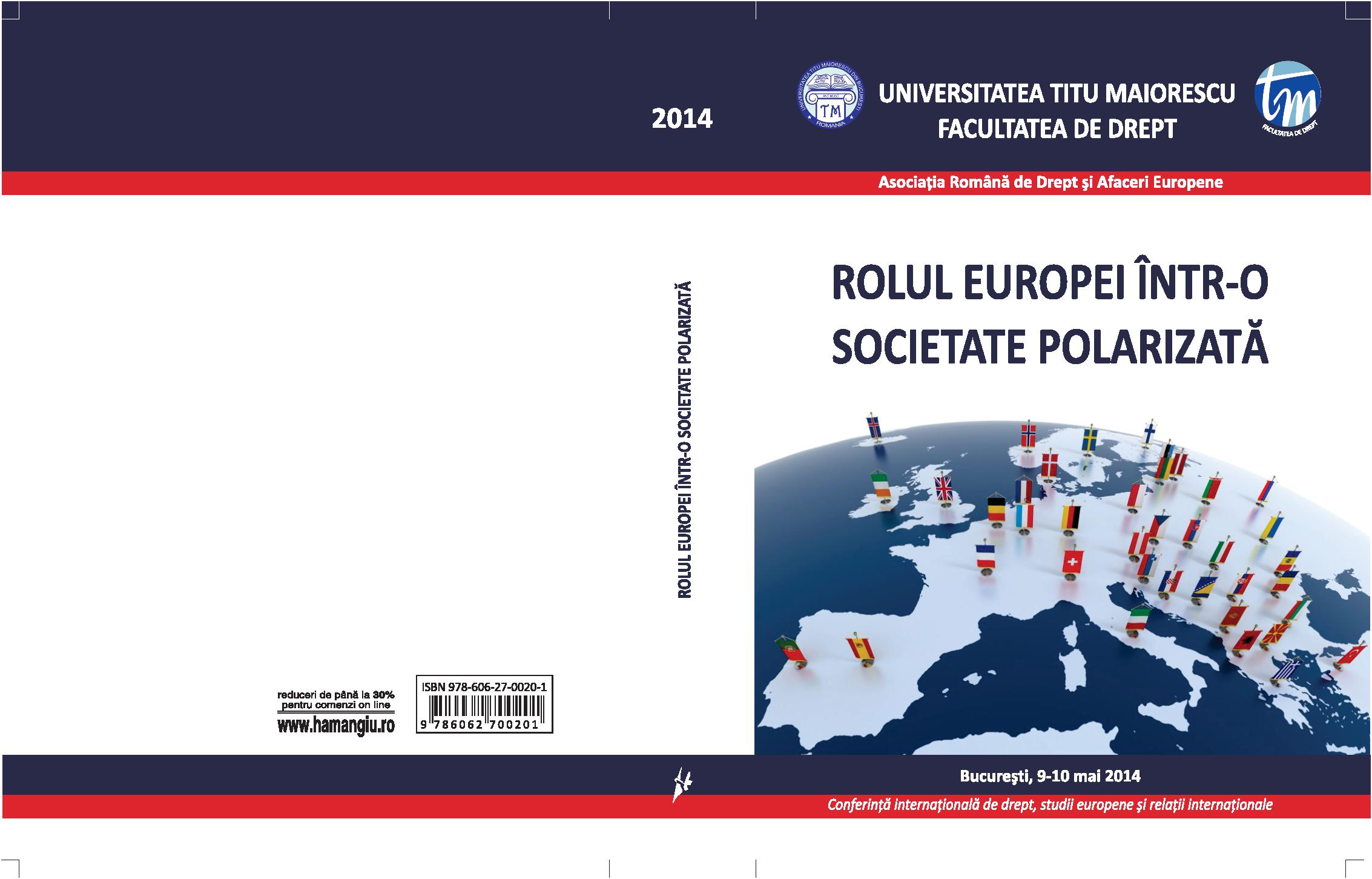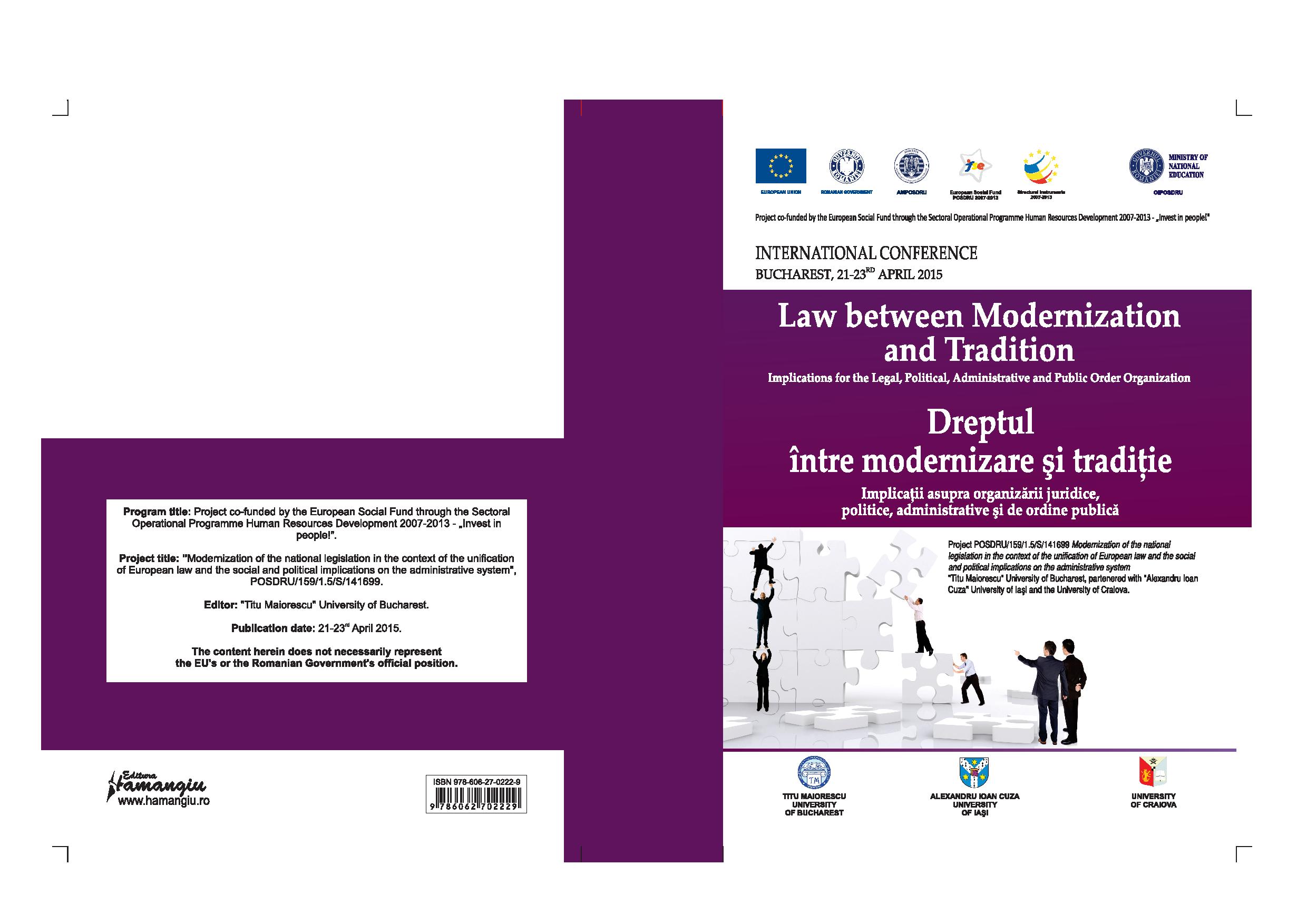
Noțiunea de creanță certă, lichidă și exigibilă în procedura insolvenței
The insolvency proceedings are the legal proceedings aiming at covering the debts of the insolvent debtor. These proceedings are performed for the creditors and they are regulated by a special law. Creditor is the person which, in an obligation legal relationship, is entitled to claim to another person, called debtor, the execution of a determined service of giving, making or not making something. In the matter of insolvency, creditor is the natural person or legal entity who/which has to the debtor the right to claim the payment of an amount of money and by means of these special proceedings aims at recovering the debt, namely solutio debiti. The source of such obligation may be the contract, the most frequently found in the insolvency legal practice, the unilateral legal deed, business management, unjust enrichment, undue payment, illicit deed as well as any act or fact to which the law connects such obligation arising. For the participation of the creditors of the insolvent debtor in this procedure they must comply with the requirements of the insolvency law which are completed by the stipulations of the civil code and of the civil procedure code, to the extent they are compatible. The insolvency law defines a few terms and expressions that have a certain meaning for the performance of these proceedings. Therefore, related to the notion of creditor, the notion of creditor entitled to request the initiation of the insolvency proceeding and the notion of creditor entitled to participate in the insolvency proceedings were defined. To obtain one of these two qualities, the insolvency law imposes to the creditor the requirement of certain, liquid and exigible debt existing. The notion of certain, liquid and exigible debt is not defined by the insolvency laws, but it is defined by the stipulations of the civil procedure code.
More...
